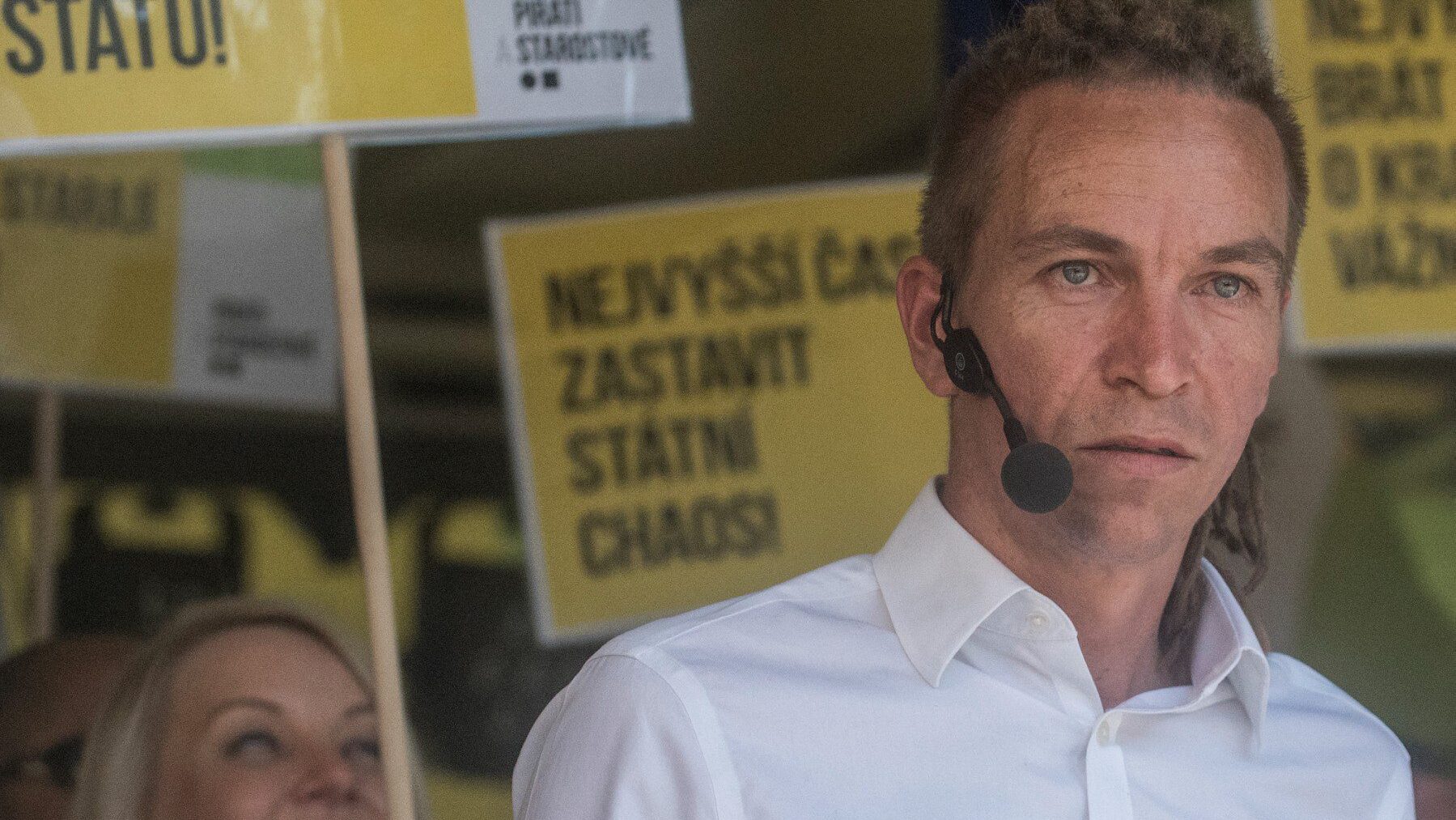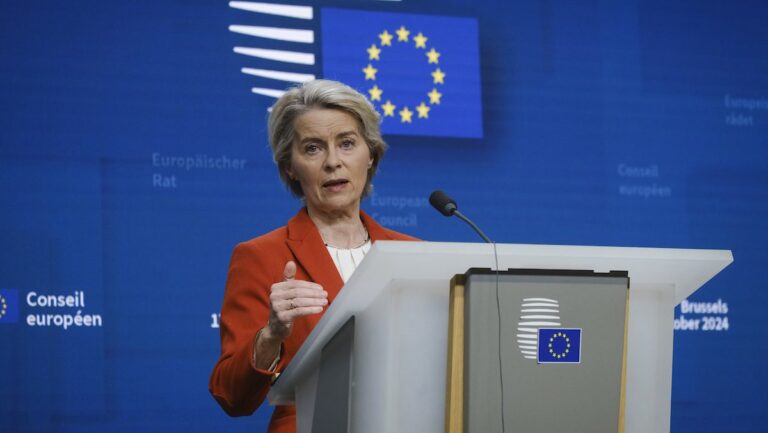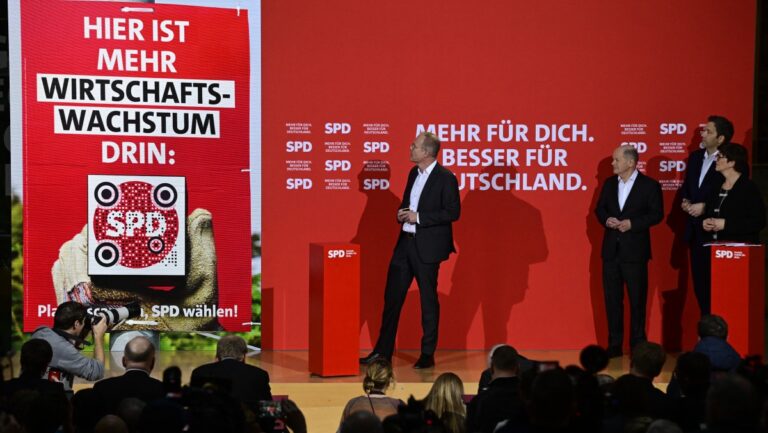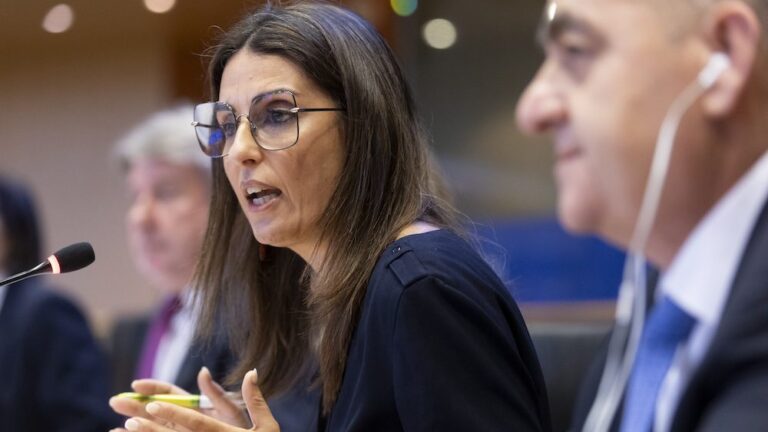A series of humiliating electoral defeats and an escalating blame game between members of the Czech government have resulted in its most junior coalition partner leaving. The liberal-progressive Pirate Party is now joining the ranks of the opposition.
The fall of the Pirates is further proof of the populist wave sweeping across European Union member states.
Now only center-right parties remain at the helm of the country, but this minor shift won’t be enough to prevent even more voters backing Andrej Babiš’s right-wing populist ANO, which came out on top in every electoral race in the past few months.
Specifically, the Pirates opted to withdraw from the coalition to protest PM Petr Fiala’s decision to unceremoniously fire their (now former) party leader, Ivan Bartoš from his ministerial post responsible for regional development and handling EU funds.
Fiala claimed Bartoš’s dismissal had nothing to do with the fact that the Pirates were virtually eliminated in the regional parliamentary elections just a few days before—which saw Babiš’s ANO declare landslide victory in ten out of 13 regions—and said it was solely because of the party leader’s failure to implement his flagship promise of digitizing construction permits.
In response, Bartoš called Fiala’s decision a “betrayal”—especially after he met the PM earlier on the same day and was allegedly reassured that there would be no personnel change. He even accused the prime minister’s ODS party of bowing to the influence of oligarchs.
His fate would hang in the balance for a few more days until the dismissal received presidential approval, but it was clear that Bartoš would take his entire party out with him once he finally quit on Tuesday, October 1st, leaving the cabinet in disarray.
Apart from Bartoš’ regional development portfolio, the Pirates vacated two other ministerial posts, that of minister of legislation (Michal Šalomoun) and the foreign ministry, overseen by Jan Lipavský. Bartoš’ old job will likely be given to another party of the remaining four, while the largely redundant legislation portfolio will be scrapped entirely.
In a last-minute twist, however, Fiala managed to convince Lipavský to reverse his resignation, stay in the government, and keep serving as foreign minister—even at the price of having to quit the Pirate Party and continue as an independent. Lipavský said he left the Pirates because of growing differences of opinion, however, and not because that was the only way he could hold onto his ministerial position.
Now the remaining four parties still have control of the Parliament, although their presence has shrunk to a slim majority of only 105 seats out of 200. With ANO winning the European parliament, regional, and senate elections in the past few months, it seems nothing stands in the way of the populists reclaiming high office after next year’s general elections. ANO is currently standing at 31% by the polls (or 38% together with its ally, Přísaha), while the four governing parties barely reach 27% between them.





